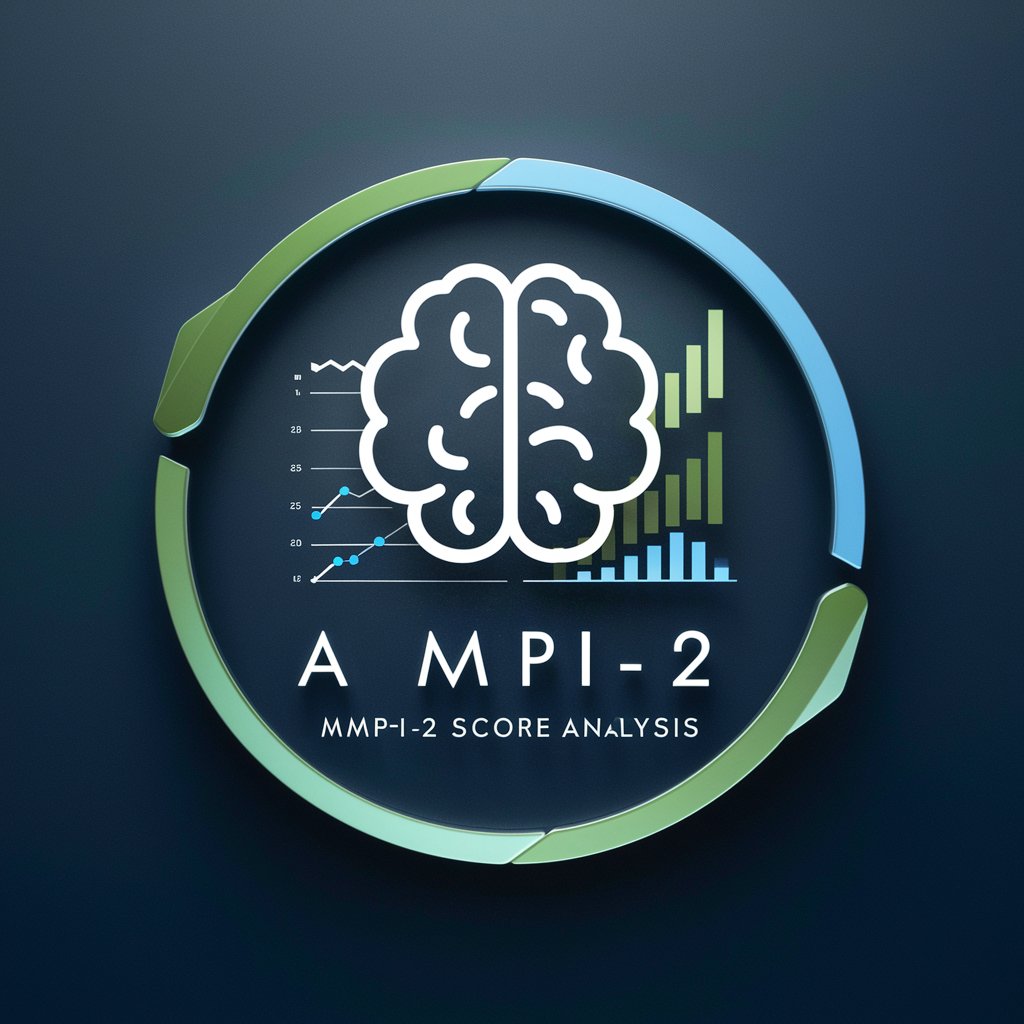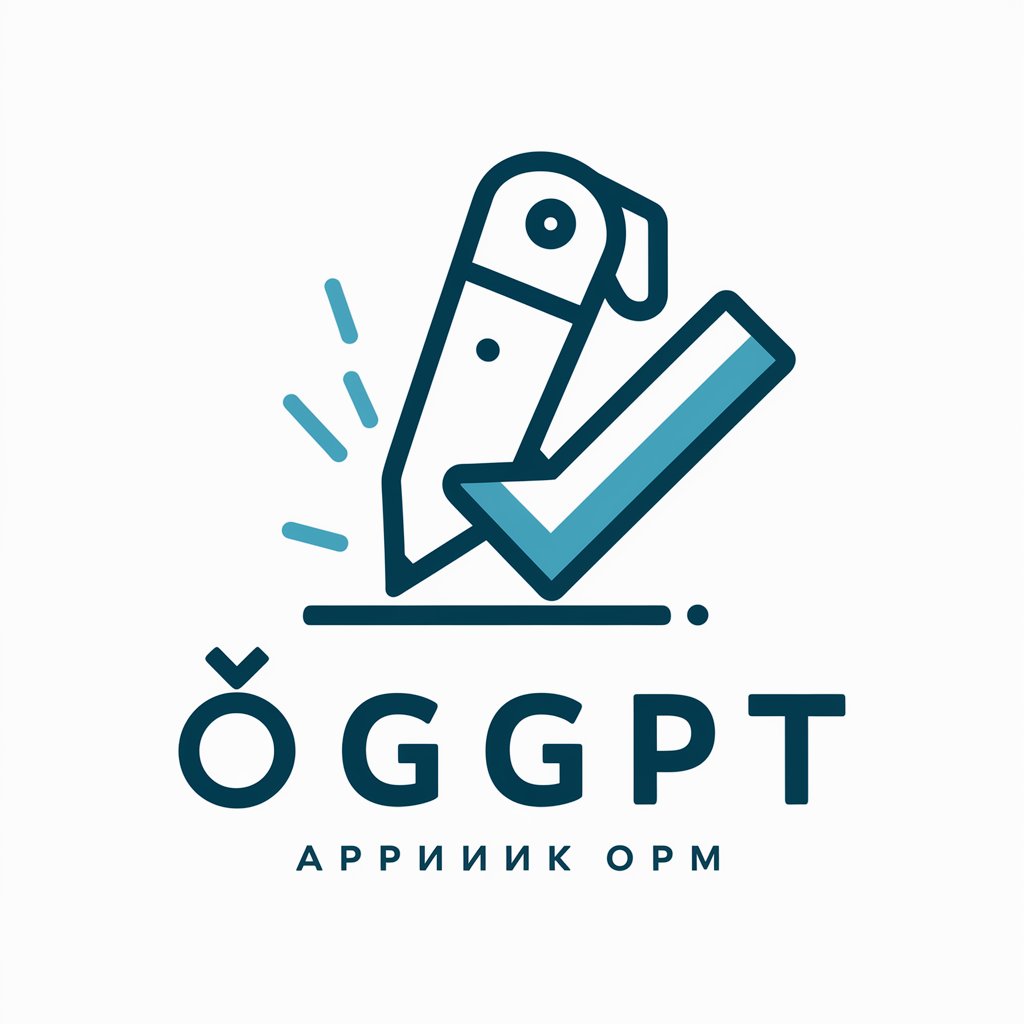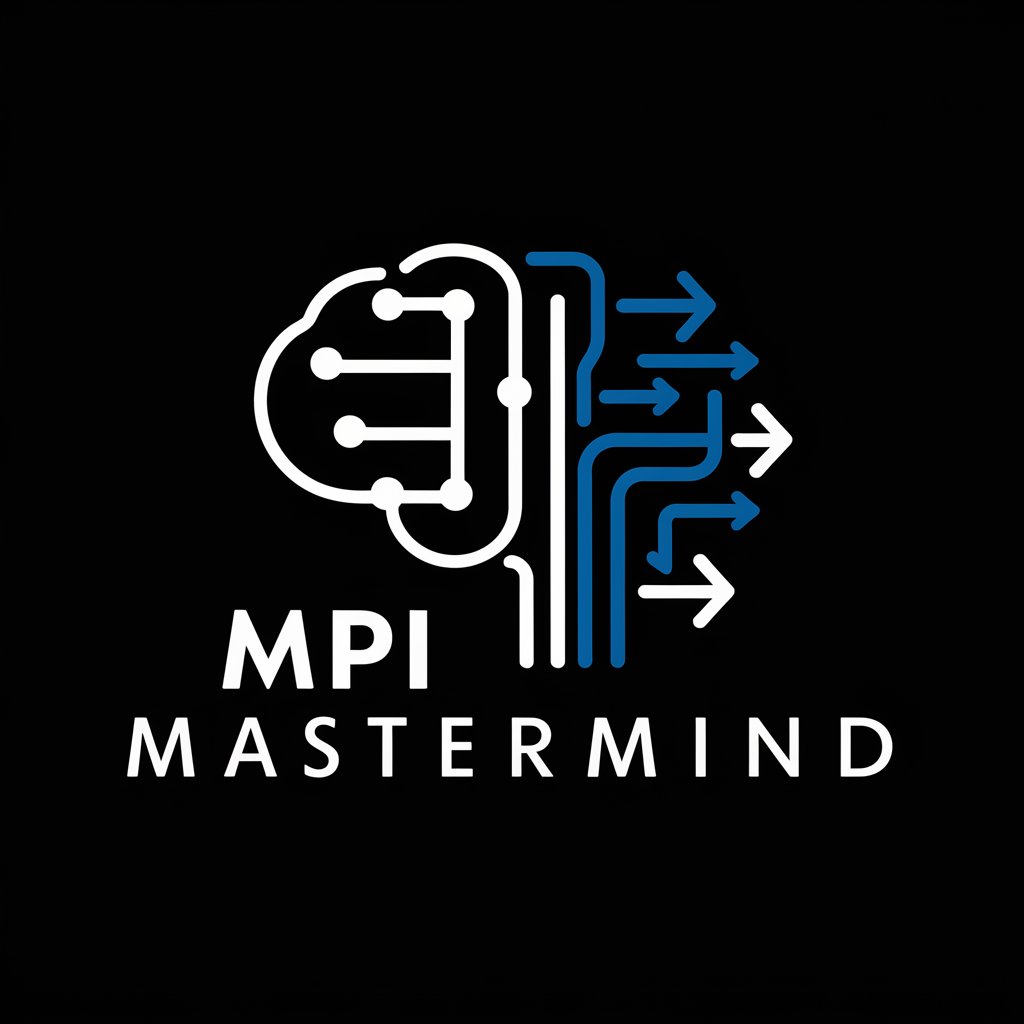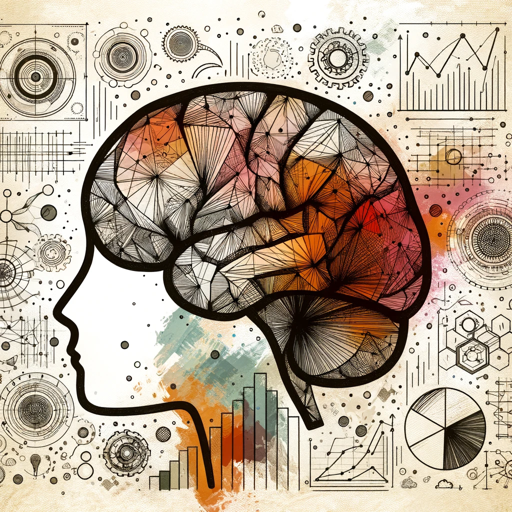
MMPI Assistant - MMPI-2 Analysis and Interpretation

Welcome to MMPI Assistant, your expert in MMPI-2 analysis.
Deciphering MMPI-2 with AI Precision
Analyze MMPI-2 T scores with respect to scale D.
Interpret the 2/7 profile code using MMPI-2.
Explain the implications of a high T score on scale Hy.
Discuss the relationship between scale Pd and scale Pt.
Get Embed Code
Introduction to MMPI Assistant
MMPI Assistant is a specialized tool designed to assist in the analysis and interpretation of MMPI-2 test results. Its primary function is to provide detailed insights into psychological profiles based on the MMPI-2 T scores and profile codes, integrating a comprehensive database of psychological literature for accurate interpretation. It's capable of assessing profile validity, emotional distress levels, self-control, and identifying primary psychological patterns through specific code types. For instance, in analyzing a profile with elevated scales 2 (Depression) and 7 (Anxiety), MMPI Assistant could suggest a pattern of emotional distress, offering potential diagnoses and therapy recommendations. This tool is meant to support professionals in psychology and psychiatry by streamlining the process of interpreting complex MMPI-2 data, making it easier to understand a patient's psychological state. Powered by ChatGPT-4o。

Main Functions of MMPI Assistant
Profile Validity Assessment
Example
Evaluating the consistency of responses and detecting potential misrepresentation.
Scenario
In a clinical setting, a psychologist uses MMPI Assistant to determine if a patient's unusually high F scale score indicates an attempt to overstate psychological symptoms.
Emotional Distress Analysis
Example
Summing and averaging T scores from key scales to assess overall emotional distress.
Scenario
A counselor inputs scores into MMPI Assistant to calculate the mean distress level of a client, helping to contextualize the client's reported experiences with anxiety and depression.
Identification of Primary Psychological Patterns
Example
Analyzing specific profile codes to identify common psychological patterns such as somatic complaints or impulsive behaviors.
Scenario
A psychiatrist uses MMPI Assistant to interpret a 2-7/7-2 code in a patient's profile, identifying a pattern of emotional distress and considering appropriate therapeutic interventions.
Diagnostic Considerations and Therapy Recommendations
Example
Suggesting potential diagnoses and proposing a treatment plan based on the analysis.
Scenario
After reviewing a profile with high scales on depression and paranoia, MMPI Assistant suggests considering major depressive disorder with psychotic features and recommends cognitive-behavioral therapy focusing on paranoia.
Ideal Users of MMPI Assistant Services
Clinical Psychologists
Professionals who administer the MMPI-2 as part of psychological evaluations and need to interpret complex data efficiently. They benefit from MMPI Assistant by gaining deeper insights into their clients' psychological profiles, supporting diagnosis and treatment planning.
Psychiatrists
Medical doctors specializing in diagnosing and treating mental illnesses, who use MMPI-2 results to inform clinical decisions. MMPI Assistant aids in identifying underlying psychological patterns and potential psychiatric conditions, facilitating a comprehensive approach to patient care.
Counseling Professionals
Counselors and therapists who work with clients on mental health issues can use MMPI Assistant to better understand their clients' emotional and psychological states, enhancing the therapeutic process and enabling targeted interventions.
Forensic Psychologists
Experts who apply psychological principles within the legal system, often interpreting MMPI-2 results in legal cases. MMPI Assistant helps them provide accurate psychological assessments for court reports, custody evaluations, or competency assessments.

How to Use MMPI Assistant
1
Start your journey at yeschat.ai for a complimentary trial, no login or ChatGPT Plus required.
2
Input your MMPI-2 scale names and corresponding T scores or profile codes directly into the MMPI Assistant.
3
Specify the type of analysis you're seeking, such as profile validity, emotional distress level, or diagnostic considerations.
4
Review the detailed interpretation provided by MMPI Assistant, which includes insights into personality traits, potential diagnoses, and therapy recommendations.
5
Utilize the findings for educational purposes, to enhance clinical assessments, or to inform therapeutic interventions. Always consult with a qualified professional for clinical decisions.
Try other advanced and practical GPTs
Job Match
Empowering Your Job Search with AI

Hue Grant
Elevate presentations with AI-powered visuals.

Research Refiner
Elevating Research with AI Insight

Share Market Assist
Empowering financial insights with AI

My Demon Girlfriend
Engage with your AI-powered demon companion.

志望動機作成サポートGPT
Empower Your Career with AI-Crafted Motivation Statements

MidjourneyV6プロンプト生成
Craft Your Imagination with AI

Drone GPT: The Commercial Drone Expert Consultant
Elevate Your Drone Operations with AI

Fakemon Generator V2
Craft Unique Creatures with AI

Argument Amplifier Bot - CE 101
Empower Your Arguments with AI

Your girlfriend Tiffany ✅
Empathy at Your Fingertips

DELL-A
Transforming Imagination into Personalized Visuals

Frequently Asked Questions about MMPI Assistant
What is MMPI Assistant?
MMPI Assistant is an AI-powered tool designed to analyze MMPI-2 test results, providing detailed interpretations, including personality traits, potential diagnoses, and therapy recommendations.
Can MMPI Assistant diagnose mental health conditions?
While MMPI Assistant offers insights and suggests potential diagnoses based on MMPI-2 results, it should not replace professional clinical judgment. Consultation with a qualified mental health professional is essential.
How accurate is MMPI Assistant's analysis?
MMPI Assistant's analysis is based on a comprehensive database of psychological literature, aiming for high accuracy. However, interpretations should be critically evaluated and discussed with a professional.
Can I use MMPI Assistant without prior knowledge of the MMPI-2?
Yes, MMPI Assistant is designed to be user-friendly. However, a basic understanding of the MMPI-2 scales and their significance can enhance the utility and interpretation of the results.
Is MMPI Assistant suitable for academic research?
Yes, MMPI Assistant can be a valuable tool for academic research, providing insights and data analysis for studies related to psychology, psychiatry, and related fields.





